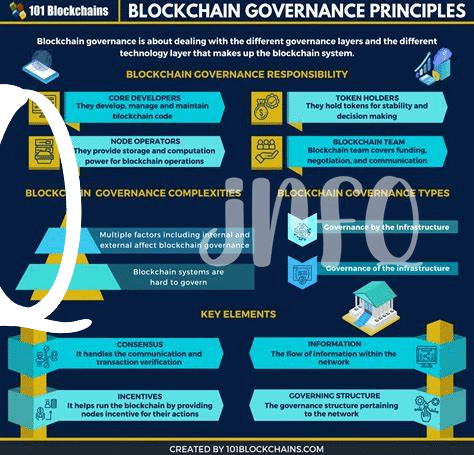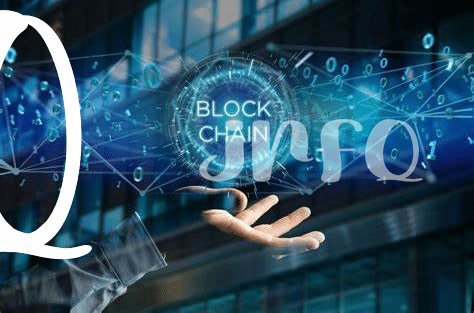Introduction to Blockchain Technology 🌐

Blockchain technology, at its core, is a decentralized and secure system of recording transactions across a network of computers. This innovative technology has the potential to revolutionize how data is stored and shared, offering transparency, immutability, and enhanced security. By utilizing cryptographic principles, Blockchain ensures that data cannot be altered or tampered with, making it ideal for applications where trust and transparency are paramount. Its ability to create a permanent, transparent ledger of transactions has far-reaching implications beyond just financial transactions, with potential applications in various sectors, including elections, supply chain management, and healthcare.
Current Election Transparency Challenges in Honduras 🗳️
In Honduras, the electoral process faces significant challenges when it comes to transparency. Issues such as voter fraud, manipulation of results, and lack of accountability have cast doubts on the credibility of election outcomes. The system’s susceptibility to tampering and manipulation has raised concerns among citizens and the international community about the fairness and accuracy of electoral processes in the country. Overcoming these obstacles is crucial for ensuring the integrity of democratic practices and fostering trust in the electoral system.
The existing challenges highlight the urgent need for innovative solutions to enhance transparency and accountability in electoral operations. Implementing blockchain technology could address many of the issues plaguing the current system by creating a secure and tamper-proof method of recording and verifying election data. By leveraging blockchain’s decentralized and immutable nature, Honduras can establish a more transparent and trustworthy electoral process that safeguards the integrity of election results and restores confidence in the democratic process.
How Blockchain Enhances Transparency in Elections 🗂️

Blockchain technology plays a vital role in ensuring transparent elections by providing a secure and immutable platform for recording and verifying votes. By utilizing decentralized ledgers, blockchain enhances transparency in elections by eliminating the possibility of tampering or altering of election data. Each vote is stored in encrypted blocks and linked chronologically, creating a transparent and traceable trail that ensures the integrity of the election process. This technology enables voters to verify their own votes and ensures that the election results accurately reflect the will of the people.
Case Studies of Blockchain-verified Elections 📊

Blockchain technology has been successfully utilized in various elections around the world, providing a transparent and secure way to verify voting results. In one instance, a blockchain-verified election in Sierra Leone ensured the integrity of the voting process, allowing citizens to independently verify the election outcome. Similarly, in South Korea, blockchain technology was implemented to increase transparency and prevent tampering in local elections. These case studies demonstrate the potential of blockchain to revolutionize electoral processes, offering a decentralized and tamper-proof solution to ensure fair and trustworthy elections. By incorporating blockchain technology, countries like Honduras can enhance the transparency and credibility of their electoral systems, paving the way for more democratic and inclusive decision-making processes.
Potential Impact of Blockchain on Future Elections 🚀
Blockchain technology has the potential to revolutionize future elections in Honduras by ensuring unprecedented levels of transparency and trust in the voting process. Through its immutable and decentralized nature, blockchain can provide a secure and verifiable way of recording each vote cast, thereby reducing the risk of fraud or manipulation. By enabling real-time access to election data for both authorities and voters, blockchain empowers citizens to actively monitor the electoral process and hold officials accountable. This increased transparency can help build confidence in the integrity of elections, fostering a more democratic and participatory society in Honduras.
Overcoming Barriers to Implementing Blockchain in Honduras 💡

In order to successfully implement blockchain technology in Honduras to enhance election transparency, several barriers must be overcome. Among the key challenges are the need for comprehensive education and training programs to increase awareness and understanding of blockchain principles among election stakeholders. Additionally, addressing potential cybersecurity concerns and ensuring data privacy are critical to building trust in the technology. Collaborating with international organizations and experts can provide valuable insights and resources to navigate the complexities of integrating blockchain into the electoral process.
To explore how blockchain innovation policies are influencing electoral integrity in other countries, consider the case of blockchain technology innovation policies in Guinea as a valuable point of reference for evaluating potential strategies in Honduras.
